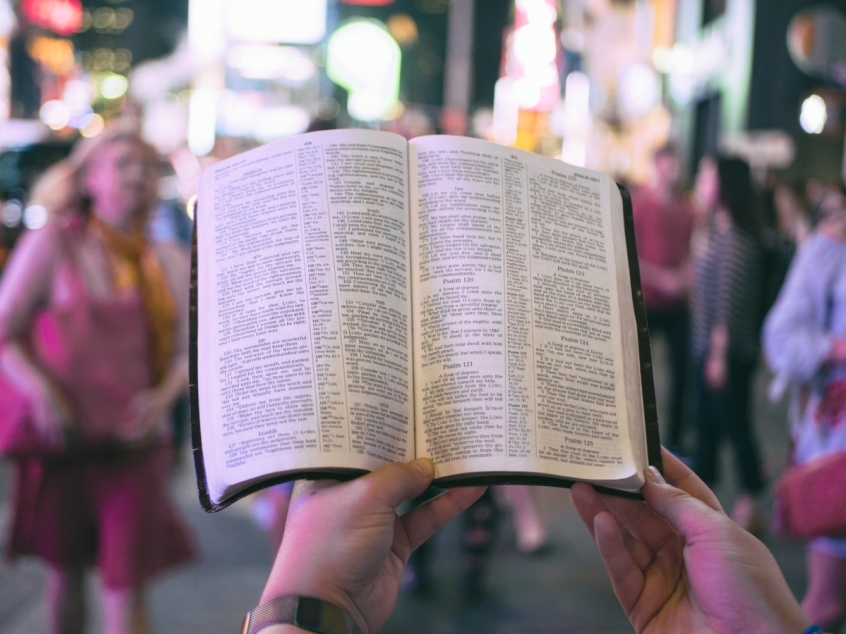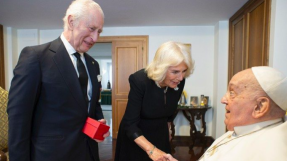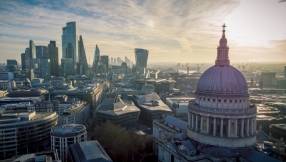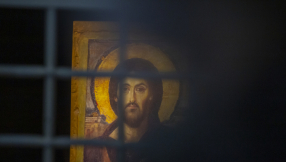
I am convinced that if any of Israel's prophets were alive today, their preaching would be powerful and prolific (although not always popular).
When we look at their preaching of the past, just one trajectory dominates the books of the Prophets. That trajectory is from judgement to hope.
Messages following such a trajectory could hardly be more suitable for the Church and world today.
Of course, we must be careful to respect the unique historical setting of the Prophets. Trying to cram our own modern problems into the world of the Ancient Israelites can be like trying to fit back into our summer wardrobe after an especially over-indulgent Christmas: messy, difficult, and not that nice for anyone.
Nevertheless, some of the similarities between their era and ours are striking (especially those prophets operating before the catastrophic fall of Jerusalem – Isaiah, Hosea, Amos, Micah). Think about it:
- Godlessness (Hosea 4:1-3),
- Rampant self-interest (Isaiah 1:21-23),
- Maltreatment of the poor (Isaiah 3:14-15),
- Geopolitical bedlam (Hosea 7:11),
- Economic injustice (Micah 2:1-2),
- Corrupt leadership (Micah 3:1-4),
- Social evils (Amos 2:6-8),
- Flashy-yet-hollow religion (Amos 5:21-23).
Into these situations, the prophets spoke words of judgement: Your way of life is wildly contrary to the way of YHWH and is destined to fail. Make changes, or they will be made for you.
In the same way today, the whole world is having its cake and eating it. But when the ingredients of that cake include: unbridled militarism; rising economic inequality; racism; religious malpractice; sex slavery and human trafficking; crimes against the environment; confused gender ideologies; cronyism and corruption; and a neglect and disdain for the poorest and most vulnerable amongst us (to list only a few examples; you yourself will know of many more) – then you know that it will not digest well.
We need to (continue to) speak up about this – to realise that we can't go on living like this and to resolve to do something about it.
Our contemporary message of judgement is that this current corrupt order of things is destined to fall. We are probably already seeing it begin to crumble.
But the message of the Prophets does not stop at judgement and neither should ours.
For every woe and rebuke that clattered out of the prophets' mouths, there was always a final line of hope: God has not given up on you (as impossible as it seems). He is gracious as much as He is just; restoration is coming, new life will rise out of the rubble.
Israel would feel the consequences if it did not correct its conduct. It would also eventually experience God's comfort and consolidation.
Walter Brueggemann (a phenomenal biblical scholar) calls these prophets "emancipated imaginers of alternative."
What he means by this is that they dared to dream of a world in which faithfulness wins (both God's faithfulness to us and our faithfulness to Him), and then set about forging that imagined world into reality.
They possessed a prophetic imagination that refused to accept things as they were and sought to render them as they should be.
Creation could do with some of that prophetic imagination right now: prophetic imagination that speaks from judgement to hope; prophetic imagination that sees what is wrong with the world (as well as how we might fix it before it's too late); and prophetic imagination that sees what it is like when the world is flooded by grace (and strives to make that possible).
I am called to this type of prophetic imagining, and so are you. The whole Church must get involved.
Our messages might emerge in books or from pulpits; in songs or on social media; through formal meetings or friendly chance encounters. Maybe they will address the world. Maybe they will challenge the Church.
Either way, our message is roughly the same: the old order of things is passing away, new creation is coming.
Many of us have already been re-imagining things in the months since coronavirus hit; some of us have been doing it faithfully for years. The current upheaval we are facing makes it a great time to carry on.
I don't know where our prophetic imagination will take us. We will find out soon enough. But I know that it will follow that same old arc as it always has, from judgement to hope.
Archie Catchpole is a student at London School of Theology.













